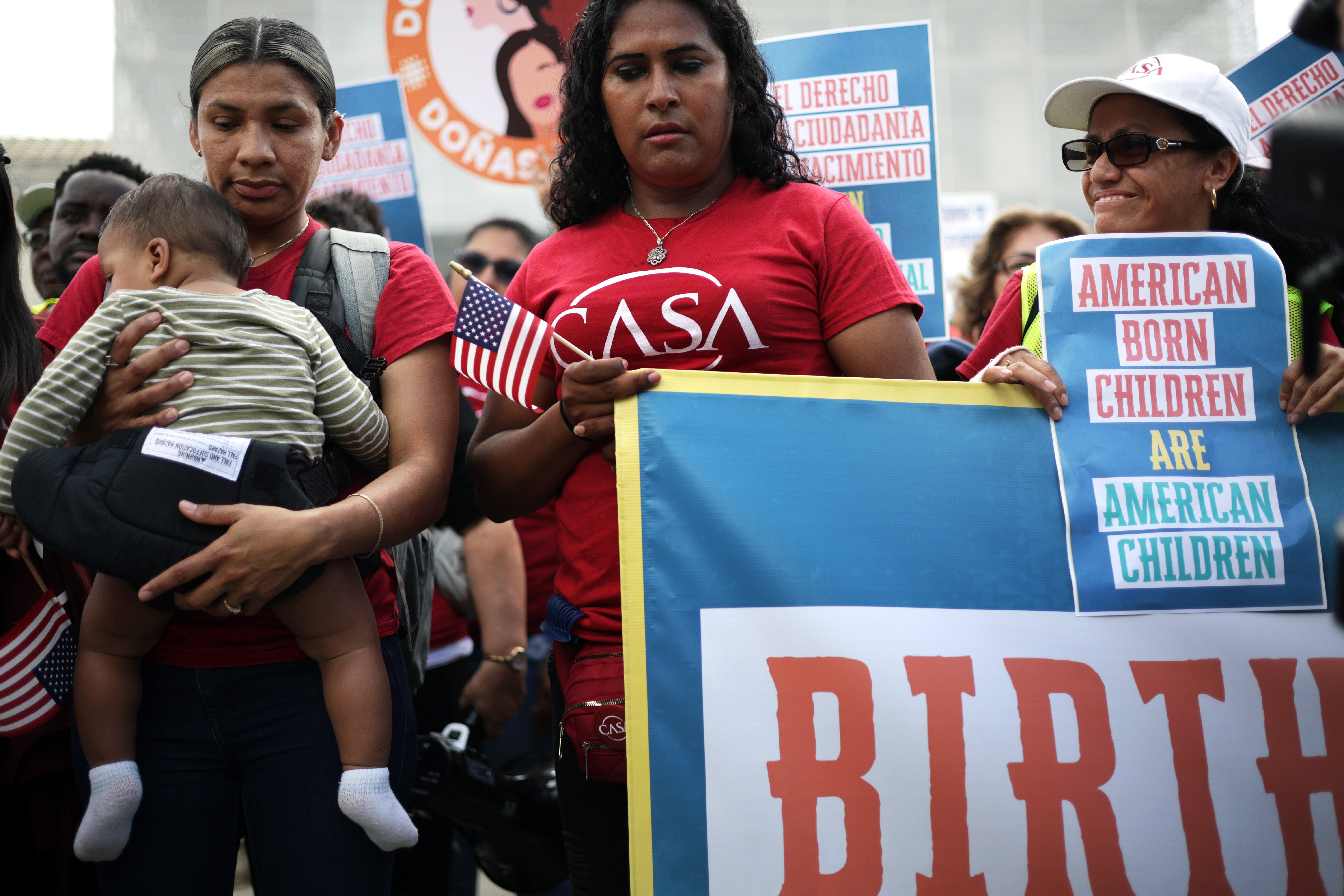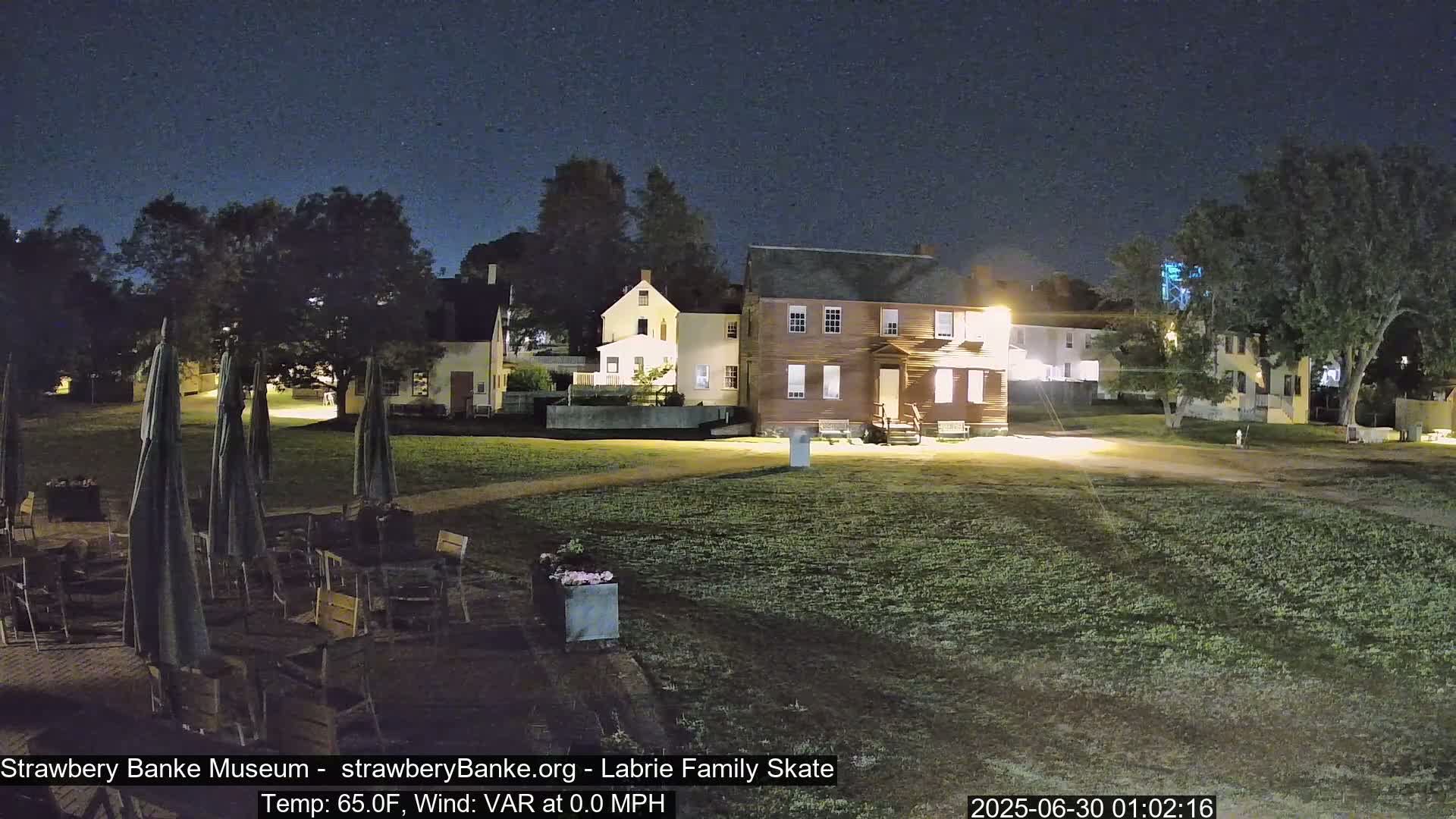US Supreme Court's Birthright Citizenship Ruling: Scope and Impact
 United States
Law & Politics
United States
Law & Politics

The US Supreme Court birthright citizenship ruling’s complex impact on American society, immigration policy, and constitutional interpretation.
US Supreme Court's Birthright Citizenship Ruling: Scope and Impact
The US Supreme Court's stance on birthright citizenship has profound implications, extending beyond legal theory into the fabric of American society. The complexities inherent in interpreting the 14th Amendment's citizenship clause continue to fuel debate, with potential ramifications for immigration policy and the rights of future generations. Understanding the nuances of this ruling is crucial for comprehending its enduring legacy on American identity and governance.
Understanding the Birthright Citizenship Ruling
The Fourteenth Amendment to the United States Constitution includes a clause about citizenship. This clause states that all persons born or naturalized in the United States and subject to its jurisdiction are citizens. It's the interpretation of 'subject to its jurisdiction' that often sparks debate. Does it apply to everyone born within US borders, regardless of their parents' immigration status? The Supreme Court's rulings on this matter have shaped the understanding of citizenship in the United States.
Historical Context and Legal Precedents
Examining the historical context surrounding the Fourteenth Amendment is vital. The amendment was ratified after the Civil War to ensure citizenship rights for formerly enslaved people. However, its application has broadened over time, leading to ongoing legal challenges and interpretations. Court cases have played a crucial role in defining the scope and limitations of birthright citizenship.
Impact on Immigration Policy
The Supreme Court's interpretation directly affects immigration policy. If birthright citizenship is narrowly defined, it could lead to significant changes in who is considered a US citizen. This in turn would affect immigration laws, border control, and social services. The economic and social implications would be considerable, impacting various aspects of American life.
Debates and Perspectives
The issue of birthright citizenship evokes strong opinions from different groups. Some argue that it should be restricted to prevent what they consider 'birth tourism' or abuse of the system. Others contend that it is a fundamental right guaranteed by the Constitution and that restricting it would be discriminatory and un-American. Understanding these varying perspectives is essential for a comprehensive understanding of the issue.





